Donald Trump is known for making factually inaccurate comments. The US president claimed that Tylenol, the brand name for acetaminophen — a common pain reliever — taken during pregnancy could lead to autism. Experts note that the claim is scientifically incorrect.
The American leader has also claimed that he has ended eight wars after coming to office, including the India-Pakistan hostilities in May. Most analysts question this, with India stating that the ceasefire was a bilateral move.
And on Tuesday (October 14), while defending his tariff policy, Trump said that his threat of tariffs against nations making a move away from the American dollar in trade has paid dividends, and these countries are now abandoning the Brics bloc.
But is there any truth to it? Here’s what we found out.
Trump’s ‘dropping out’ remark
On Tuesday while hosting Argentinian President Javier Milei at the White House, US President Trump defended his tariff policy against Brics members, claiming the bloc was “an attack on the dollar”. He claimed the member countries were “dropping out” of the bloc after he threatened to impose tariffs on them for attempting to replace the American currency.
“I told anybody who wants to be in Brics, that’s fine, but we’re going to put tariffs on your nation. Everybody dropped out. They’re all dropping out of Brics.”
Trump claims "everybody" dropped out of BRICS in response to his threats of tariffs. In reality, nobody has dropped out of BRICS, and US economic coercion has instead incentivised further decoupling and diversification away from the US pic.twitter.com/CWoNOuEuFB
— Glenn Diesen (@Glenn_Diesen) October 14, 2025
He further added, “I’m very strong on the dollar, and anybody that wants to deal in dollars, they have an advantage over people that aren’t… Brics was an attack on the dollar, and I said, ‘You want to play that game, I’m going to put tariffs on all of your products coming into the US’. They said, like I said, we’re dropping out of Brics… They don’t even talk about it anymore.”
Fact-checking Trump on Brics
But is Trump accurate on this claim? No. Not at all.
To understand why his remark is incorrect, it is prudent to understand what is this bloc and who are its members.
The bloc was founded as an informal club in 2009 to provide a platform for its members to challenge a world order dominated by the United States and its Western allies. Initiated by Russia, its founding members were Russia, India, China, Brazil with South Africa joining it in 2010 making it known as Brics.
In 2023, Brics invited six other countries – Argentina, Egypt, Iran, Ethiopia, Saudi Arabia and the United Arab Emirates – to become new members of the bloc. The formal invitation was made during a summit in August in Johannesburg.
While all Brics members publicly expressed support for growing the bloc, there were divisions among the leaders over how much and how quickly. Members at the time said the move would help reshuffle a world order they view as outdated.
In January 2024, Egypt, Ethiopia, Iran, and the United Arab Emirates said they were joining the bloc. Argentina was the only nation at the time to decline the invitation after Javier Milei took office. That’s because the Argentinian vowed to increase ties with the West.
Saudi Arabia continues to hold off on joining the bloc, as the Kingdom tries to balance its ties with the West.
Following this, many countries have shown interest in joining the Brics such as Algeria, Bolivia, Cuba, Democratic Republic of Congo, Turkey, Comoros, Gabon, Kazakhstan, Vietnam, Thailand and Malaysia. Turkey’s interest in the bloc, as per Bloomberg, is part of Recep Tayyip Erdogan’s efforts to increase its global influence.
Earlier, this January, Indonesia became a full member of the group, while 10 other countries — Belarus, Bolivia, Kazakhstan, Nigeria, Malaysia, Thailand, Cuba, Vietnam, Uganda, and Uzbekistan — became partner countries.
And so when you look at this, it’s pretty clear that countries haven’t dropped out of the grouping. Instead many others have joined.
When asked to react to Trump’s assertion, Russia refuted the claim with the Kremlin spokesperson Dmitry Peskov telling RT News that he had “no information” suggesting that any members or prospective members were reconsidering their participation because of US pressure.
He also said that Brics has “never planned anything against any third country or any third-country currency.” The group’s work is guided by principles of partnership, prosperity, and predictability, he said.
Even India’s former Foreign Secretary Kanwal Sibal noted that no country has dropped out of the group. “Brazil, Russia, India, China, South Africa, Egypt, Ethiopia, Indonesia, Iran and the UAE are members of BRICS. No one has dropped out,” he wrote on X, adding, “The more Trump uses the tariff weapon arbitrarily as an all purpose one the more it will get devalued over time. Other countries will gradually lessen their dependence on the US market and the US $.”
Even other geopolitical analysts debunked Trump’s statement, underlining that Brics was only growing in stature and clout. Dr Raj Kumar Sharma, a Senior Research Fellow at the New Delhi-based think tank NatStrat, told Sputnik News, “No one is abandoning the Brics grouping. In fact, the Global South countries are looking at BRICS in order to hedge against the unpredictable policies of the current US administration.”
Trump vs Brics
Tuesday’s remarks by Trump are just a part of the American president’s tirade against Brics. Even before he came to power for a second time, he demanded that Brics member nations promise not to create a new currency or support another currency to replace the United States dollar. He said they would face 100 per cent tariffs if they do not do so.
Then, in July, Trump warned that members of the group would be hit with 10 per cent tariffs. He said at a Cabinet meet, “They will certainly have to pay 10 per cent if they are in BRICS because Brics was set up to hurt us, to degenerate our dollar…”
And if that wasn’t enough, then in early September, Peter Navarro, Donald Trump’s senior trade adviser, called the Brics members “vampires”.
With inputs from agencies


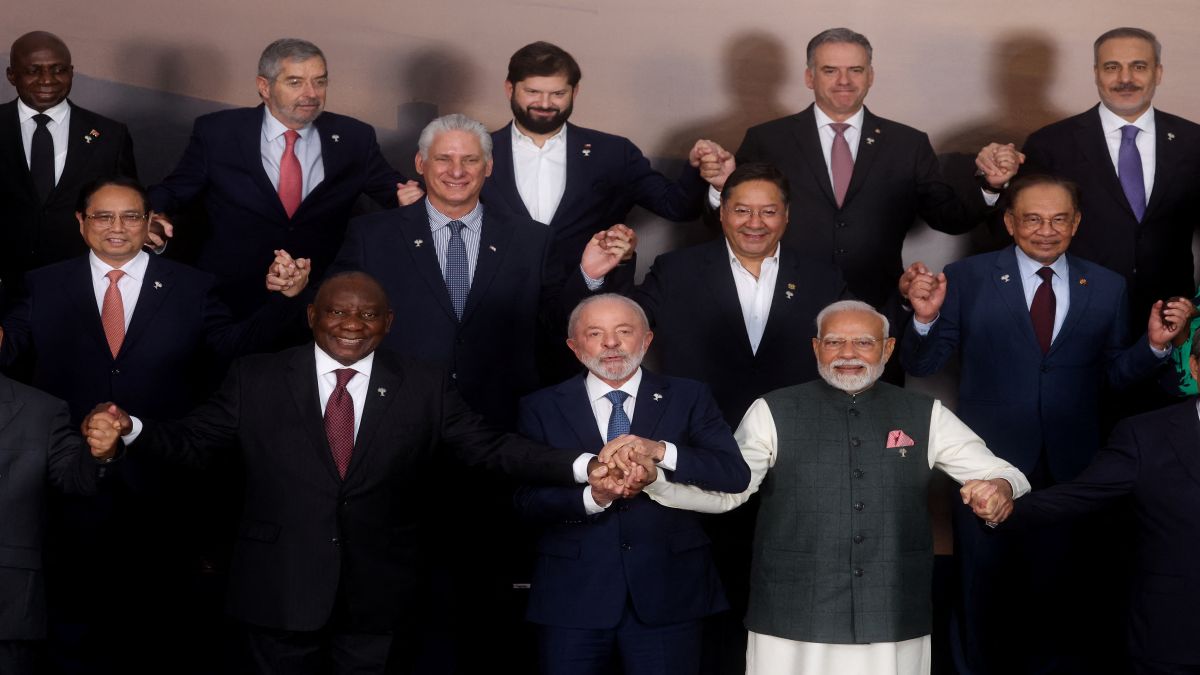)
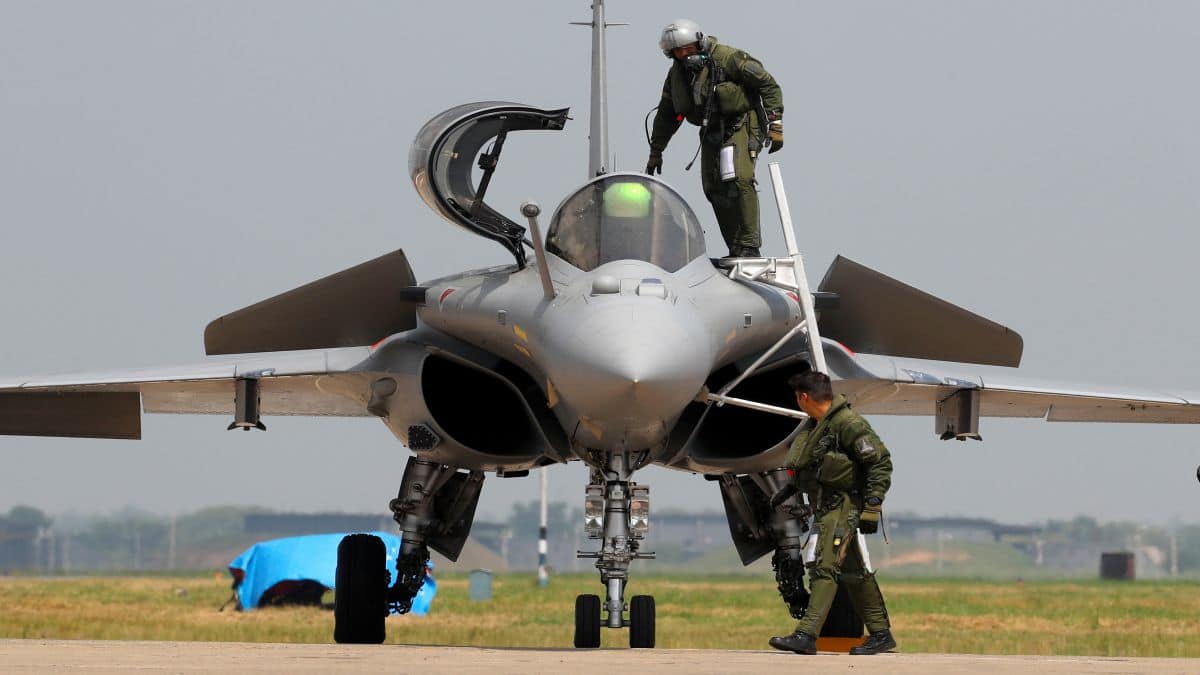
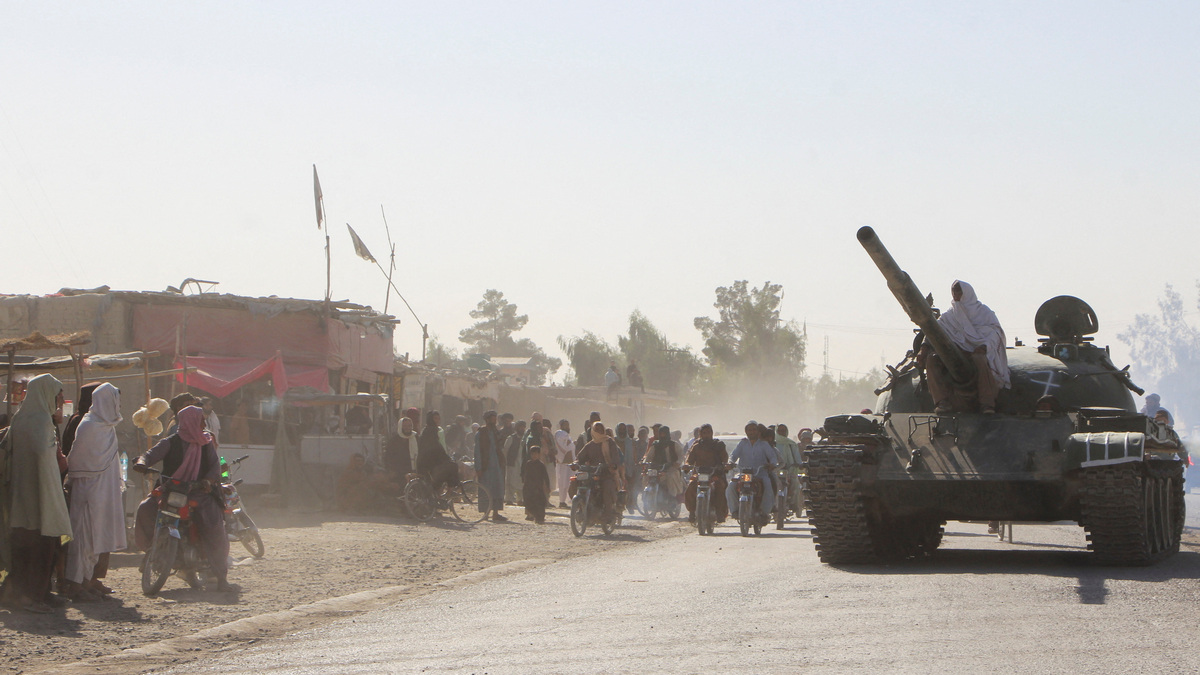)
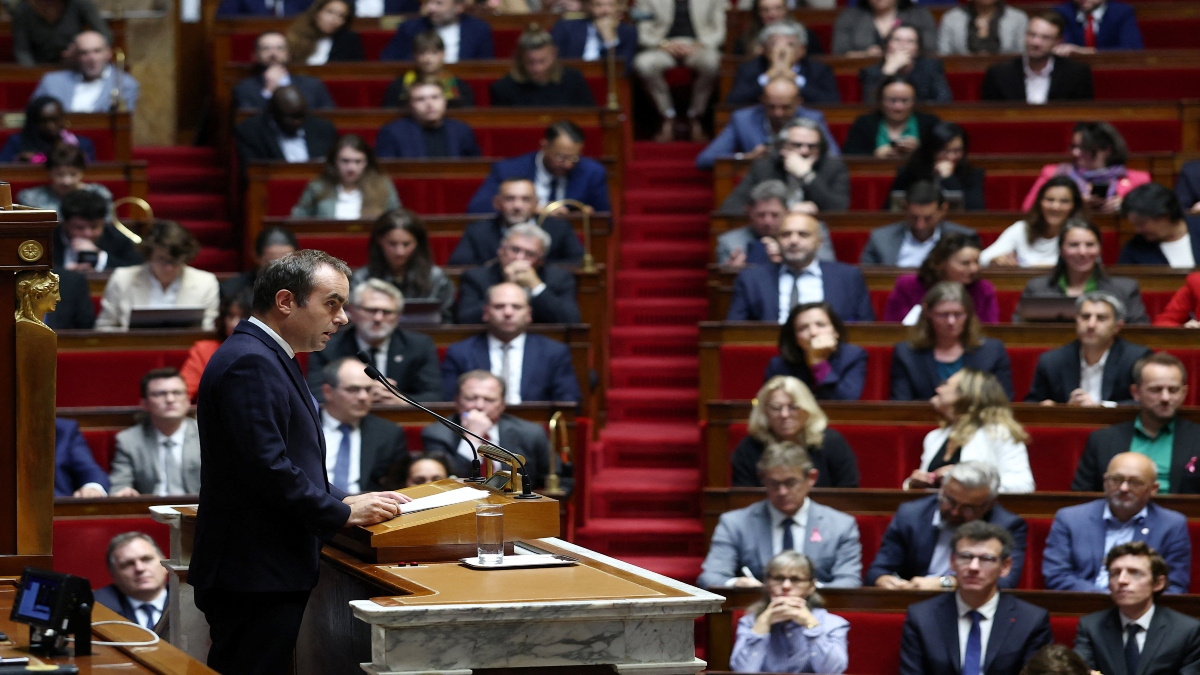)
)
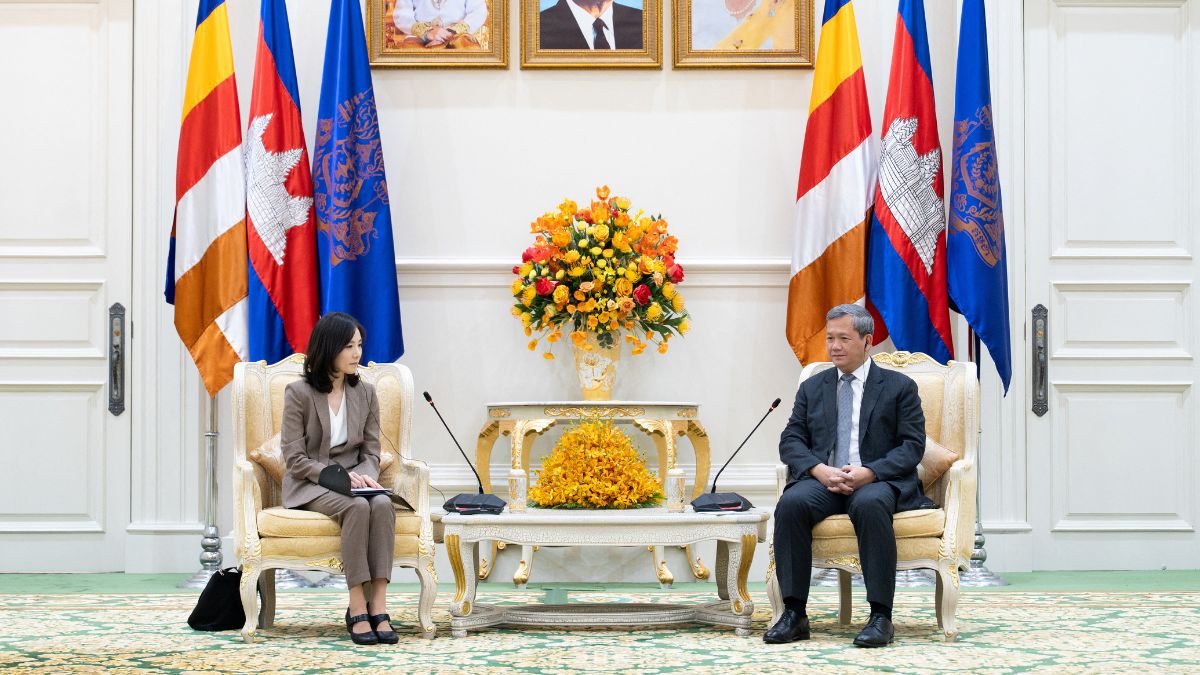)
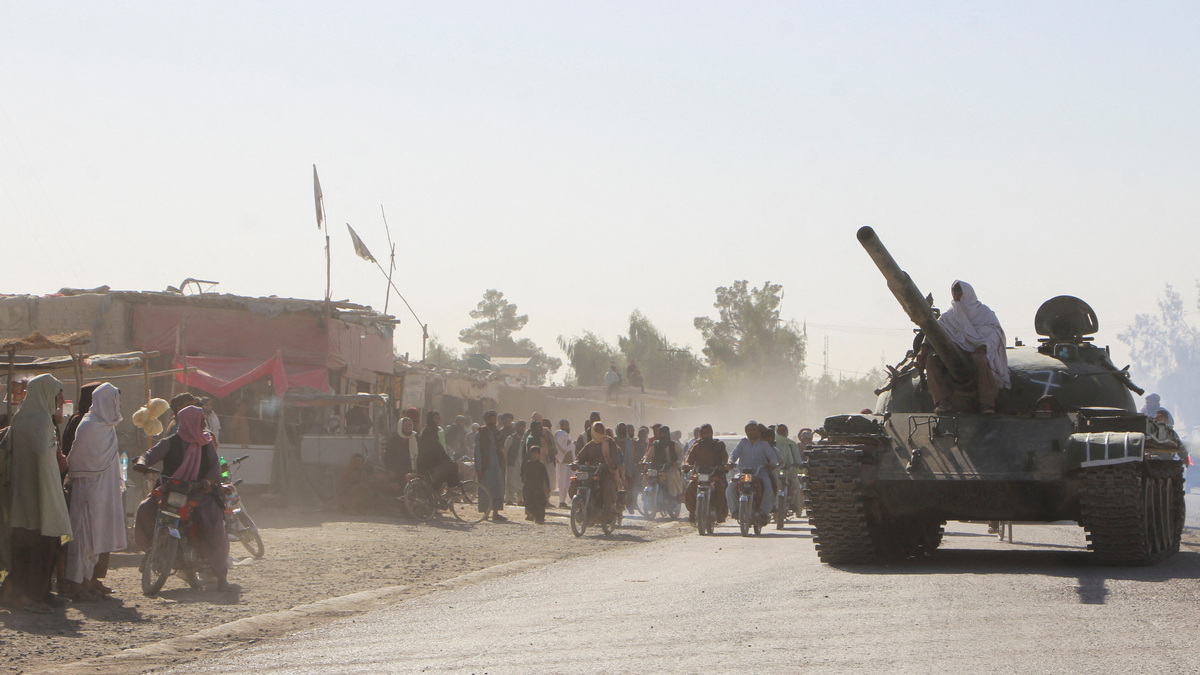)
)
)
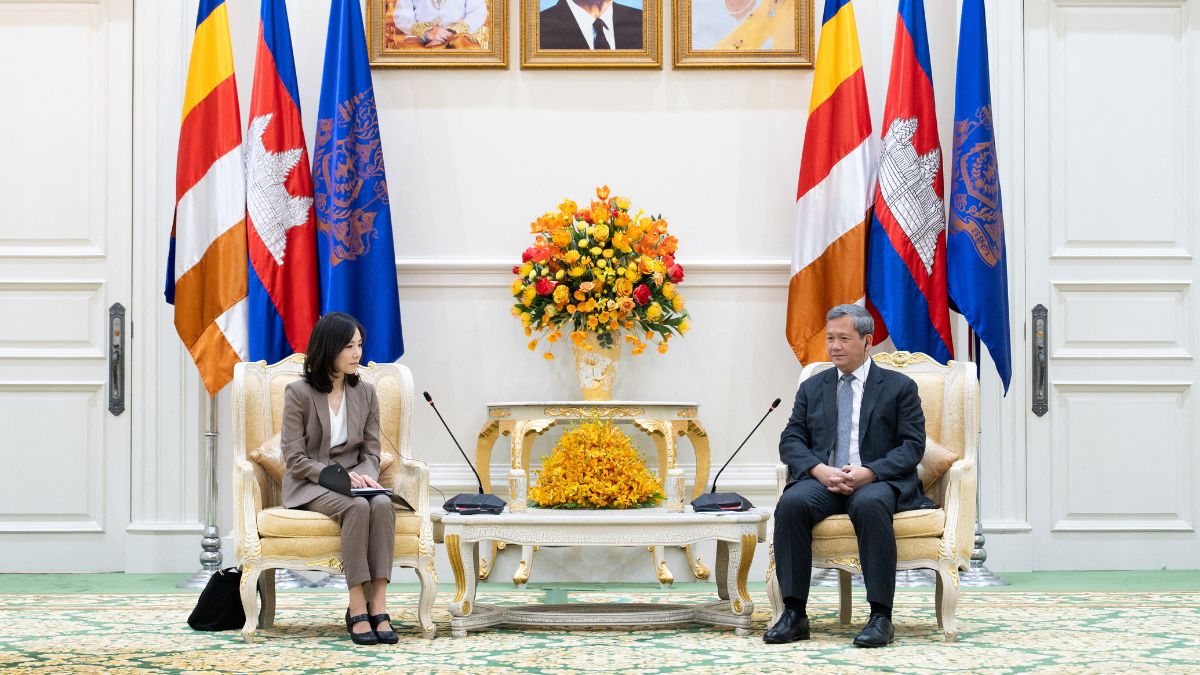)



